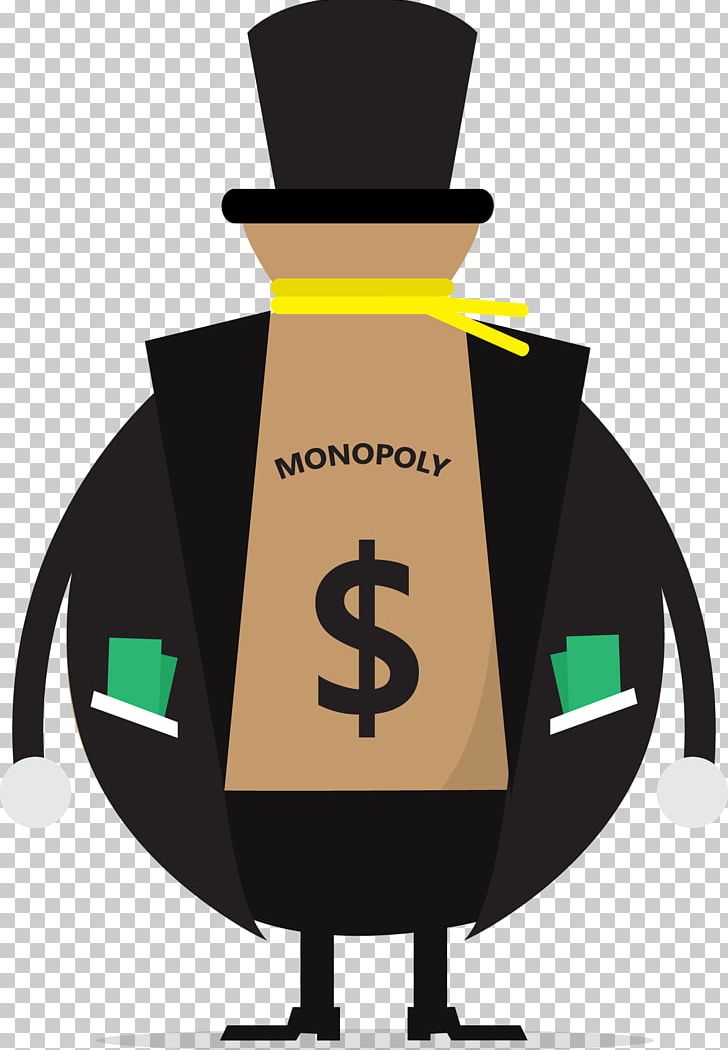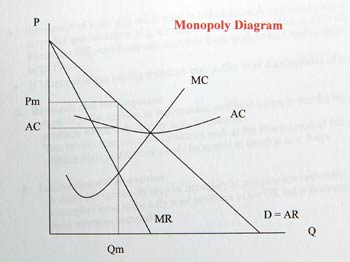

Barriers may block entry even if the firm or firms currently in the market are earning profits. In other cases, they may limit competition to a few firms. In some cases, barriers to entry may lead to monopoly. Once the rights to all of them have been purchased, no new competitors can enter the market. For example, there are a finite number of radio frequencies available for broadcasting. Barriers to entry can range from the simple and easily surmountable, such as the cost of renting retail space, to the extremely restrictive. Barriers to entry are the legal, technological, or market forces that discourage or prevent potential competitors from entering a market. These profits should attract vigorous competition, like the firms we discussed already in perfect competition, and yet, because of one particular characteristic of monopoly, they do not. How Monopolies Form: Barriers to Entryīecause of the lack of competition, monopolies tend to earn significant economic profits. How do monopoly firms behave in the marketplace? Do they have “power?” Does this power potentially have unintended consequences? We’ll return to this case at the end of the module to see how the tea and cotton monopolies influenced U.S. This leads us to this module’s topic: a firm that controls all (or nearly all) of the supply of a good or service-a monopoly. The South, wanting to secede from the Union, hoped to leverage Britain’s high dependency on its cotton into formal diplomatic recognition of the Confederate States of America. At that time, the Southern states provided the majority of the cotton Britain imported. Step forward in time to 1860-the eve of the American Civil War-to another near monopoly supplier of historical significance: the U.S. They refused to permit the unloading of tea, citing their main complaint: “No taxation without representation.” Several newspapers, including The Massachusetts Gazette, warned arriving tea-bearing ships, “We are prepared, and shall not fail to pay them an unwelcome visit by The Mohawks.” By November, the citizens of Boston had had enough.

The act continued the tax on teas and made the East India Company the sole legal supplier of tea to the American colonies.

To help shore up the failing firm, the British Parliament authorized the Tea Act. In spring 1773, the East India Company, a firm that, in its time, was designated “too big to fail,” was experiencing financial difficulties. (Credit: modification of work by “ashleylovespizza”/Flickr Creative Commons) These states attempted to leverage this economic power into political power-trying to sway Great Britain to formally recognize the Confederate States of America. In the mid-nineteenth century, the United States, specifically the Southern states, had a near monopoly in the cotton supplied to Great Britain. Since nearly everyone was using Windows, including Internet Explorer eliminated the incentive for consumers to explore other browsers and made it impossible for competitors to gain a foothold in the market.įigure 2.
#MONOPOLY ECONOMICS DEFINITION FREE#
The Justice Department’s argument was that, since Microsoft possessed an extremely high market share in the industry for operating systems, the inclusion of a free web browser constituted unfair competition to other browsers, such as Netscape Navigator (now only a browser of the past). Department of Justice prosecuted the Microsoft Corporation for including Internet Explorer as the default web browser with its operating system.

Some new drugs are produced by only one pharmaceutical firm-and no close substitutes for that drug may exist.įrom the mid-1990s until 2004, the U.S. Postal Service, your electric and garbage collection companies are a few examples. Department of Justice uses.Įven though there are very few true monopolies in existence, we do deal with some of those few every day, often without realizing it: the U.S.
#MONOPOLY ECONOMICS DEFINITION WINDOWS#
For example, in 2013, Microsoft’s Windows operating system ran on more than 90% of the most commonly sold personal computers. This tends to be the definition that the U.S. While a monopoly, by definition, refers to a single firm, in practice the term is often used to describe a market in which one firm merely has a very high market share. Since a monopoly faces no significant competition, it can charge any price it wishes. In the case of monopoly, one firm supplies all of the output in a market. If perfect competition is a market where firms have no market power and they simply respond to the market price, monopoly is a market with no competition at all, and firms have complete market power. Figure 1. Monopoly by Christopher Dombres, CC-BY.


 0 kommentar(er)
0 kommentar(er)
